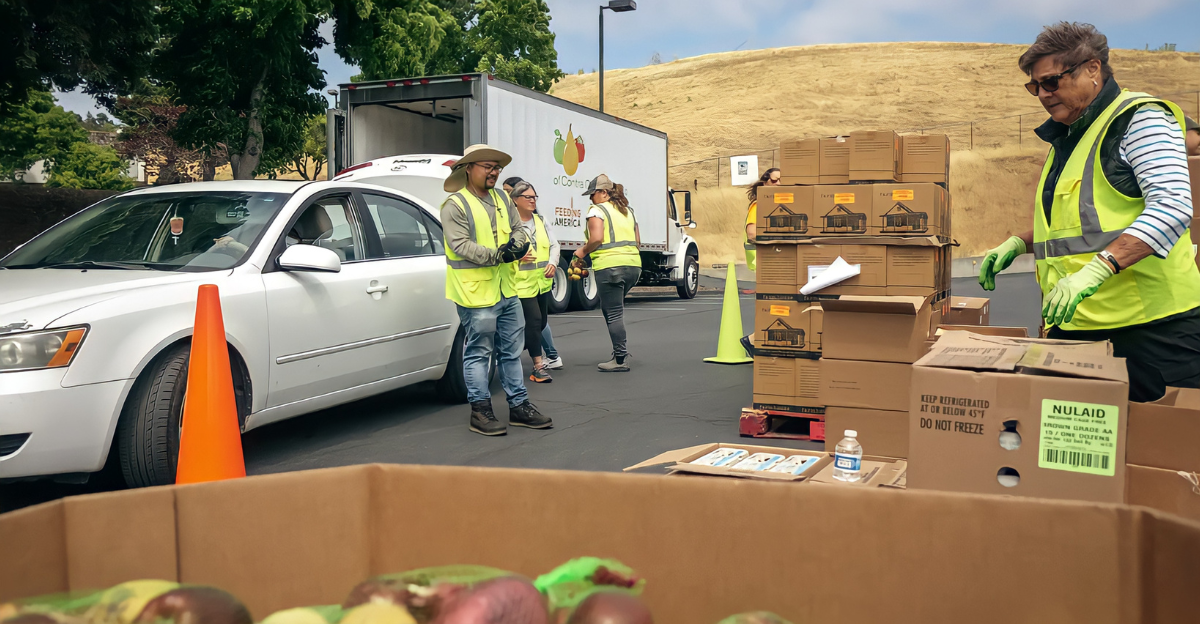
In early July, the FDA issued its most urgent warning about a berry recall – a move with potentially nationwide impact. On July 1 the agency raised an organic blueberry recall to Class I (its highest alert) after routine testing by Georgia supplier Alma Pak detected Listeria monocytogenes. Roughly 400 boxes (about 12,000 pounds) of organic blueberries were pulled back from a North Carolina customer.
A Class I classification indicates a “reasonable probability” that consuming the product could cause serious illness or death, making this recall one of the most severe public-health alerts in recent memory. So far, no illnesses have been reported in connection with this recall.
Why the Recall Happened
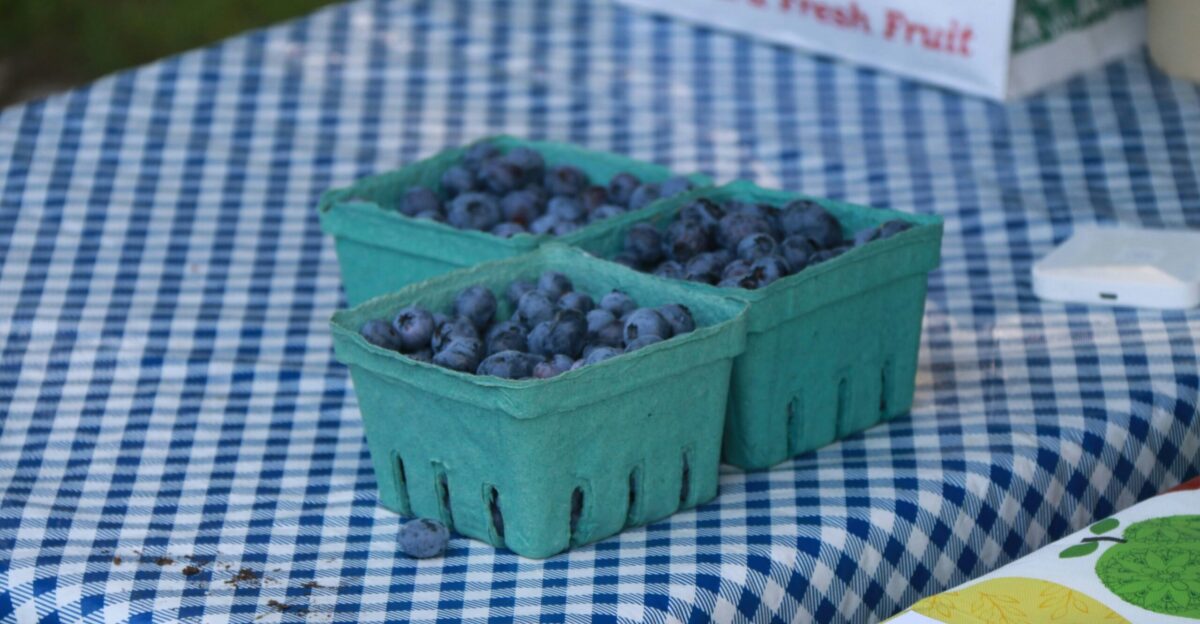
FDA data show the recall was triggered by routine lab tests. On June 9, Alma Pak’s quality control flagged Listeria on finished blueberry boxes. The Georgia grower immediately pulled the 400-box shipment after confirming the positive result. Listeria monocytogenes is a hardy foodborne bacterium that can survive in cold storage and contaminate many foods.
According to the CDC, it causes listeriosis, which often starts with flu-like symptoms (fever, muscle aches, nausea) and can escalate to meningitis or bloodstream infections. The CDC estimates roughly 1,600 U.S. cases and 260 Listeria deaths each year, so any detection is treated with utmost seriousness.
Consumers and Retailers on High Alert
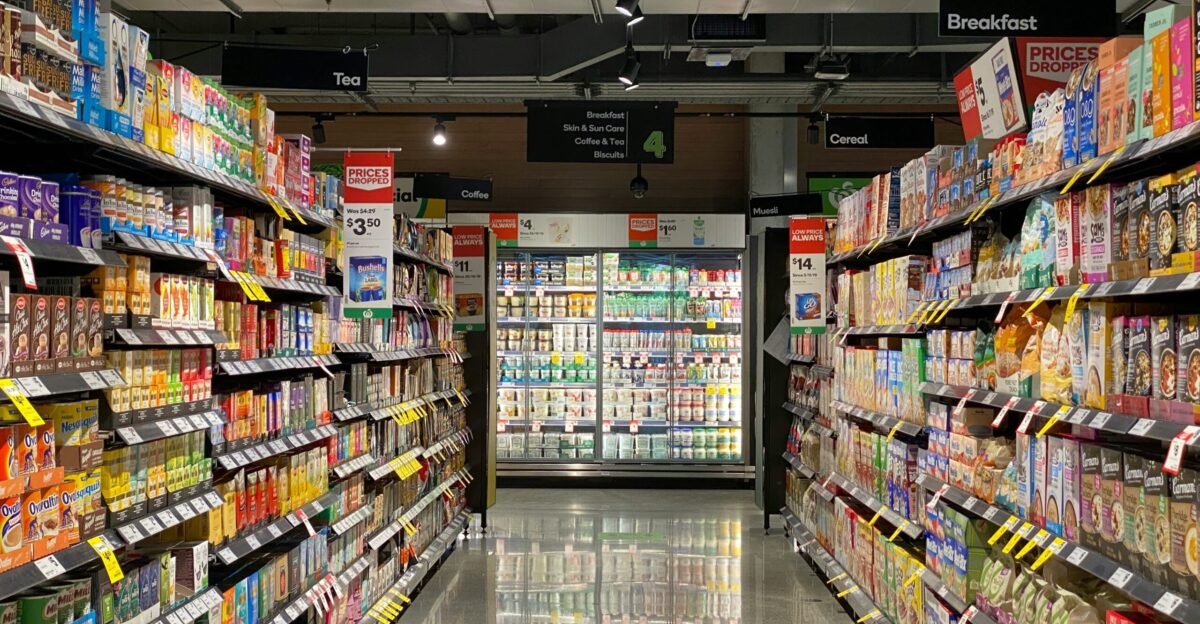
Grocery stores and markets have been alerted. Retailers are instructed to remove any unsold organic blueberries matching the recall. The FDA confirms that no recalled boxes ever reached retail shelves, since the shipment was intercepted at the warehouse. Consumers who purchased fresh or frozen organic blueberries should check for the affected lot numbers (13325 G1060 or 13325 G1096) and discard them.
Public health officials stress caution: the CDC advises people to “stay alert, check products carefully before eating, and toss potentially contaminated products if uncertain”. Those who ate the berries (especially pregnant women, older adults and immunocompromised people) should monitor for symptoms and seek care if ill.
Foodservice Industry Takes Precautions

Restaurants, cafeterias and other food vendors are also watching closely. Any business that received the recalled blueberries will need to dispose of them and find substitutes. Some smoothie shops or bakeries have already switched out blueberries for other fruits to keep menus safe.
These sudden changes can disrupt inventory and meal plans, as kitchens scramble to adjust. Food service operators will be extra cautious with their produce sourcing and sanitation routines in the coming weeks.
Alternative Fruits in Demand
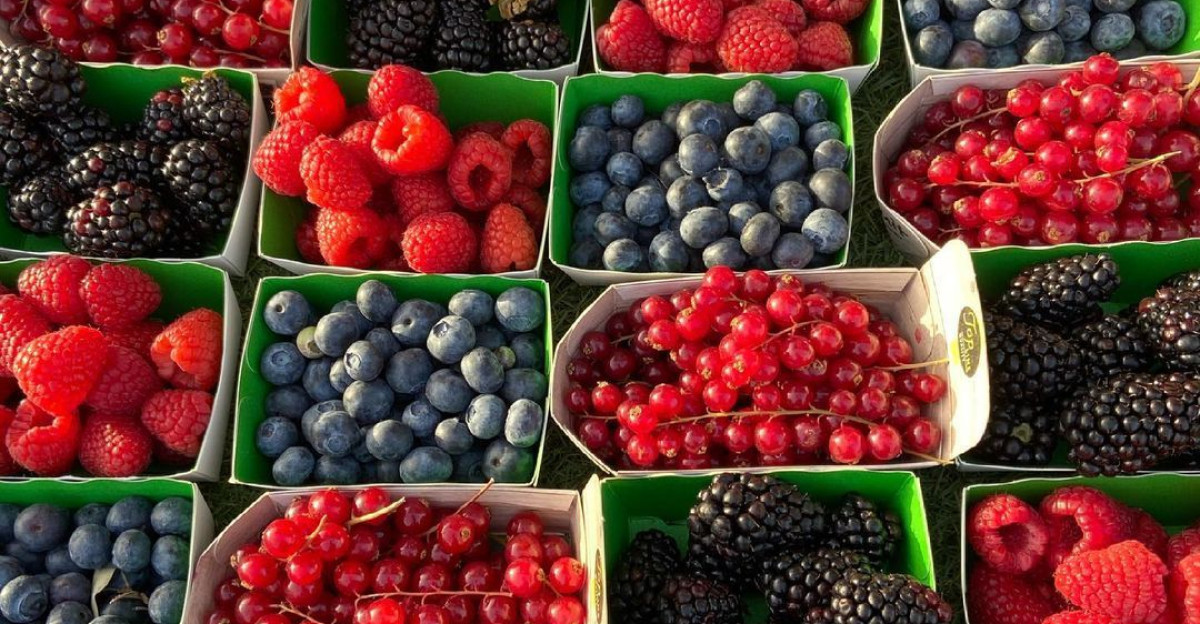
Many shoppers will naturally look for alternatives. With organic blueberries in short supply, demand for other fruits – especially berries – is likely to rise. Supermarkets may push strawberries, raspberries or frozen berries as stand-ins. This can put pressure on the supply and prices of those fruits, at least temporarily.
Some consumers may even discover a new favorite or pivot to non-berry options (like apples or bananas) for smoothies and desserts while the recall is in effect.
Supply Chains and Trade Effects
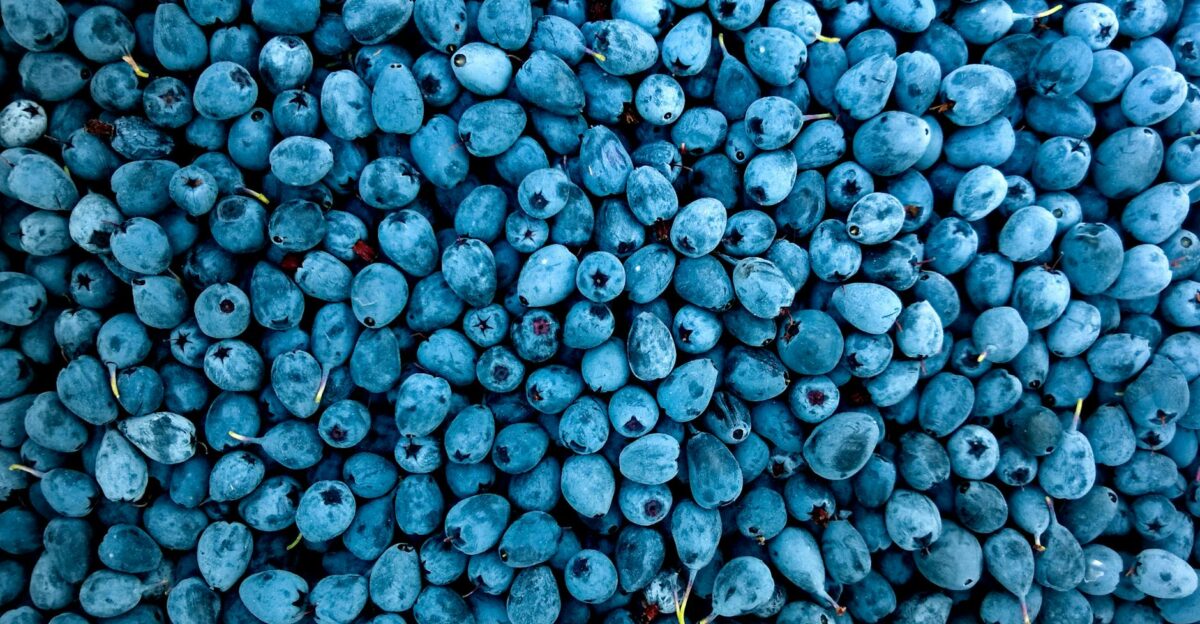
The recall could also affect international trade and sourcing. The U.S. imports a significant share of fresh blueberries from Peru and Mexico to meet demand. If domestic organic berries lose favor, importers may shift orders to foreign suppliers. Conversely, any country importing U.S. produce will take note of this alert and may tighten inspections on similar shipments.
Overall, the incident highlights vulnerabilities in the organic produce supply chain — prompting exporters and importers alike to review quality controls and traceability.
Growers and Packers Respond

Blueberry growers and packers nationwide will feel the reverberations. Producers in North Carolina and other states say these incidents are rare but can hurt consumer trust in the category. Many farms are voluntarily ramping up food-safety measures, such as enhanced testing and sanitation in packing lines, to reassure buyers.
Farm associations may push for more guidance and resources so smaller growers can meet higher testing standards. The Georgia producer Alma Pak has already stated it is strengthening safety protocols to prevent future issues.
Policymakers Push for Greater Safety

Regulators and policymakers are taking note. The FDA’s rapid action follows recent Listeria recalls in other foods, and fits a pattern of aggressive oversight. CDC data show about 48 million Americans get a foodborne illness each year, leading to 128,000 hospitalizations and 3,000 deaths. Listeria ranks among the deadliest pathogens. Some lawmakers have already called for tougher standards in response to past outbreaks.
This recall may reignite those debates: expect proposals for more frequent produce inspections, stricter sanitation requirements, and better tracking of organic shipments. New guidelines or funding for testing could help prevent future incidents.
What Consumers Should Do

What should consumers do now? First, throw out or return any organic blueberries you have from the affected lots. Wash all other berries thoroughly under running water before eating, which may reduce surface bacteria (though it won’t eliminate all risks). If you ate any of the recalled berries and develop symptoms (fever, muscle aches, vomiting or diarrhea), especially if you are pregnant or have a weakened immune system, contact your doctor immediately.
Early treatment can prevent severe illness. Stay informed by checking FDA alerts or news updates. In general, always practice safe food handling and discard any produce that seems spoiled or questionable.
Broader Lessons

This blueberry scare underscores how interconnected our food system is. A single contaminated batch triggered actions from regulators, supermarkets, restaurants and even lawmakers. It reminds us that vigilance at every step – from the farm to the kitchen – is essential. Listeria is a serious threat: the CDC says it causes about 260 deaths a year in the U.S., so any outbreak is taken very seriously.
The swift recall seems to have prevented illness this time, but experts warn the lesson will linger: when it comes to our food, it’s better to be safe than sorry.
